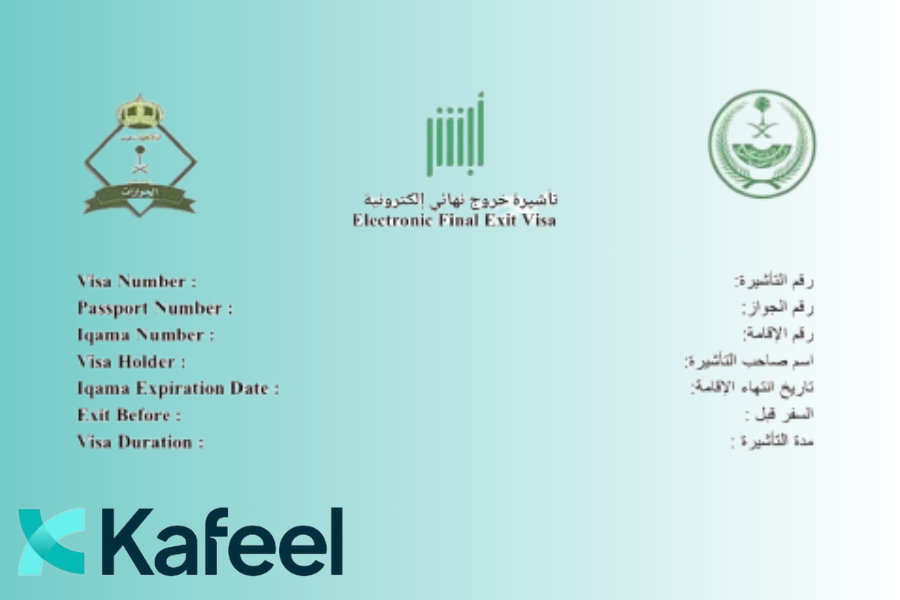What Is Final Exit? And What Do You Need To Do About It?

The Final Exit Visa in Saudi Arabia is a document issued by the Saudi government that allows foreign workers (expatriates) to permanently leave the country. It is a crucial part of the visa and immigration system in Saudi Arabia, particularly under the Kafala (sponsorship) system, which regulates the residency and employment of foreign nationals.
Here are the key aspects of the Final Exit Visa:
- Sponsorship Requirement: The visa must be issued by the expatriate's sponsor (employer). The sponsor must initiate and approve the process for the final exit visa.
- Clearance of Dues: Before obtaining the final exit visa, the expatriate must settle all outstanding dues, such as utility bills, fines, and any financial obligations. This includes closing bank accounts and ensuring no pending legal cases.
- Dependents: If the expatriate has dependents (family members) living in Saudi Arabia under their sponsorship, they must also obtain final exit visas for their dependents.
- Grace Period: Once the final exit visa is issued, the expatriate typically has a grace period (usually 60 days) to leave the country. Failure to leave within this period may result in fines or other penalties.
- Return to Saudi Arabia: After leaving on a final exit visa, the expatriate would need a new visa and sponsorship to return to Saudi Arabia for work or residency. The final exit visa effectively cancels their residency permit (Iqama).
- Documentation: Necessary documentation for the final exit visa includes the expatriate's passport, residency permit (Iqama), and any other required forms or approvals from the employer and relevant authorities.
The process and requirements can vary slightly depending on the specific circumstances and changes in immigration policies, so it is always advisable to check the latest regulations from official sources or seek assistance from the employer's human resources department or legal advisors.

